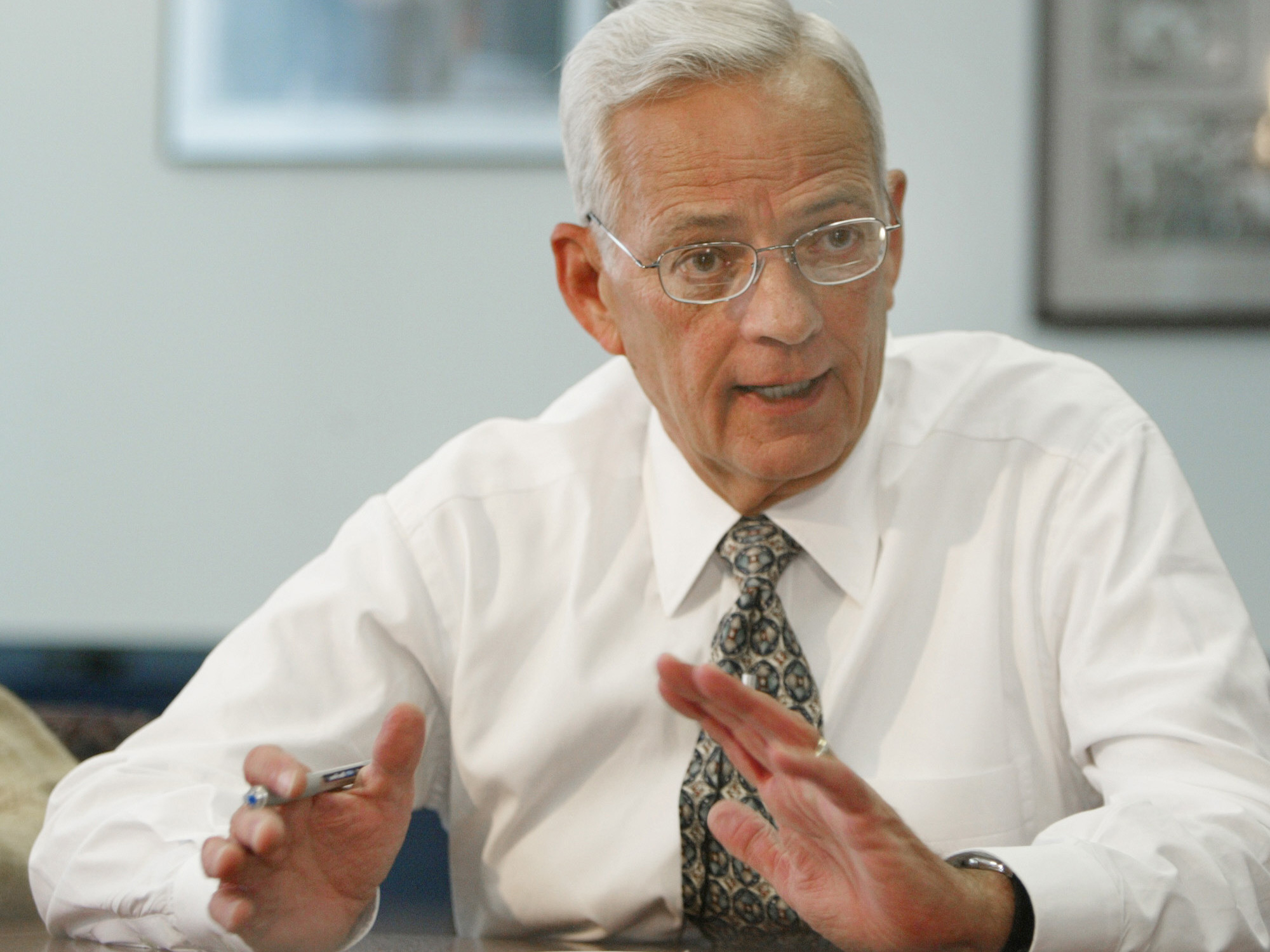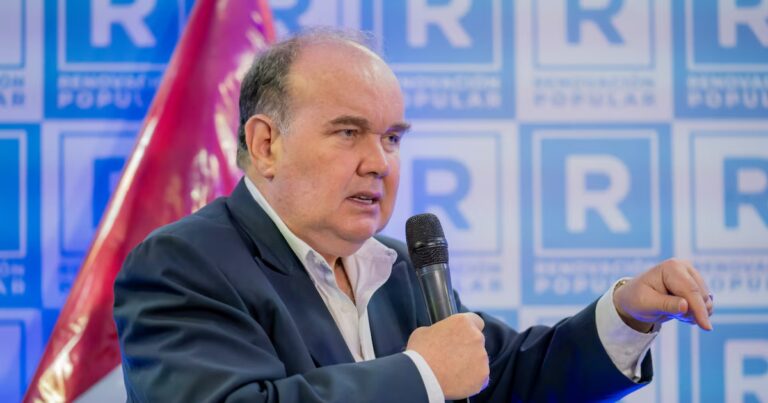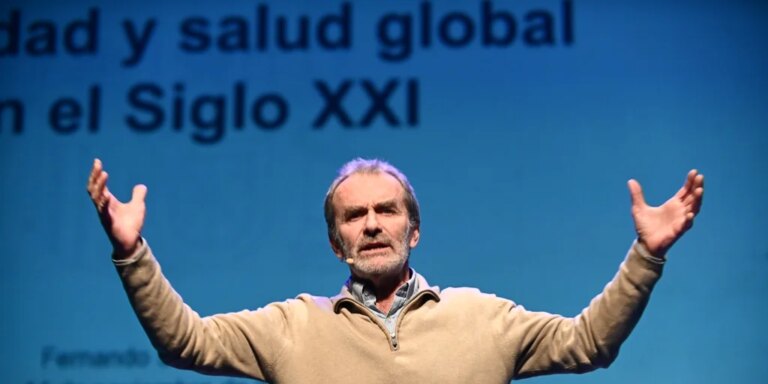
“Evidence-based analysis is a strength, but ideology is an enemy. “Logic, facts and analysis are friends of wider society.”
This phrase is Former US Secretary of the Treasury. His name was Paul O’Neill (who passed away in 2020), and he held the position from 2001 to 2002 under President George W. Bush. These words were published in a book written by Simon Bowmaker, an economist who teaches at New York University, about the experiences and decision-making processes of economists in economic policy positions in the United States.
—Could you give some examples of fallacies, misunderstandings, or misunderstandings that influence political debate in this country?— Bowmaker asks at one point.
O’Neill responded: “The government somehow has an independent source of resources.” And he continued:
—One of the basic principles we all need to understand is that the federal government has no funds of its own. Yesterday, the president said the federal government would allocate $100 million to brain research. But he didn’t say, “We’re going to collect $100 million from the people to get this work started.” If you ask people where the government gets its money, I don’t think most people know the answer.
Q: What do you think about the so-called revolving door between Wall Street and Washington?
—I like the idea of going back and forth between the public and private sectors. But ideally, he should have served in the field before assuming a decision-making position in Washington. For example, before someone is appointed Secretary of Agriculture, I would like to see them learn how to plow, learn how to grow corn, and understand the meaning of subsidies and grants so that they are better informed when they have to make decisions about whether to increase or decrease these policies that are often adopted in government.
–What kind of institutional changes do you think will occur in the policy-making process in Washington?
—I think that would be very beneficial. A rigorous decision-making process allowed for self-evaluation and self-criticism. You could analyze the past and say,: “This is what we thought, but we were wrong. Are there any common mistakes we made that we can improve on so we don’t repeat them?”. My friend Roger Porter of Harvard University, who was a member of the Reagan administration, is one of the best drafters of decision documents I’ve ever met, and he meets all of the criteria I mentioned above for clarity, data, and analysis. Many of these efforts took place during the Reagan administration, which means they did not act on a whim.
When President Bush took office, the United States went from having a budget surplus (in 2000) to a $458 billion deficit, which was a previous record.
O’Neill was the Treasury secretary who accompanied Domingo Cavallo’s economic team during the 2001 financial crisis. Expectations of a devaluation of the Argentine currency raised Argentina’s risk premium, helping Argentine ministers return the country to the market, which had been closed to market access for renewing debt maturities.
–Domingo, you have to find a way to tell your lenders, “Instead of paying 14%, we’ll pay you 7%.”
-Paul, If I could find a way to lower interest rates without defaulting on my debt, I would be the happiest person on earth.
Mr. O’Neill directed the Treasury Department’s economic team to design a system in which Argentina’s debts would be guaranteed and loans could be made to Argentina at low interest rates.
A debt swap was also considered.
It all lasted until September 11, 2001.
Mr. O’Neill was also famous for other words directed against the Monetary Fund and its bureaucracy. he said this “If finance ministers around the world are going to hypocritically talk about billions of dollars being misallocated, they’d better remember that the money we’re giving them comes from plumbers and carpenters who send in 25% of their $50,000 annual income.” Oddly enough, months before meeting with Mr. Cavallo, Mr. O’Neill himself had approved a $15 billion cash aid package for Brasilia to counter the unrest emanating from Argentina.
In economics, contradictions between rhetoric and action are common. Perhaps relying on self-criticism to change your mind when circumstances change may be the best thing to do.



